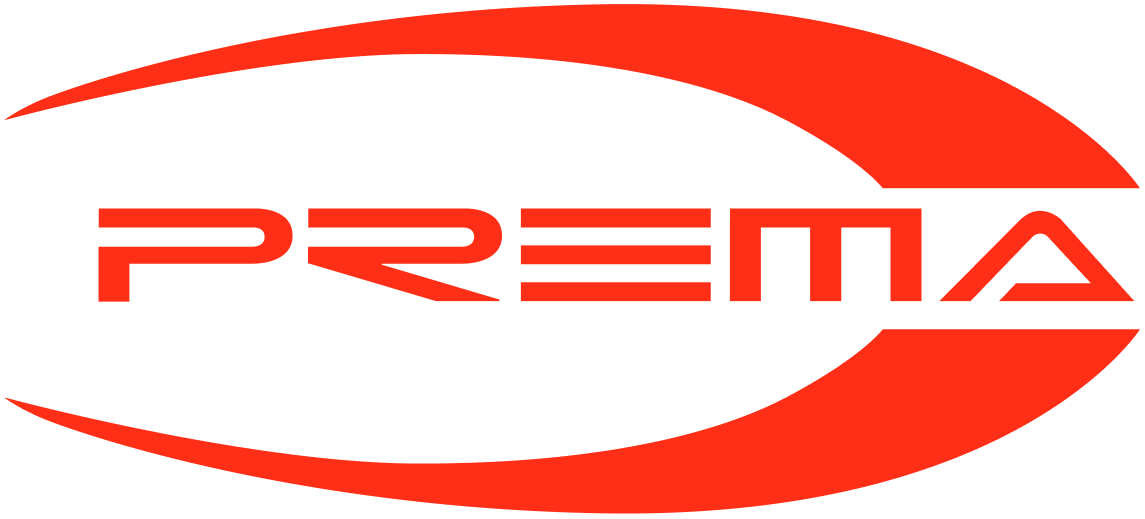In the pharmaceutical manufacturing industry, a number of critical applications require compressed air — from dusting containers and conveying capsules to packaging drugs, powering pneumatic valves, and supplying the factory with a steady supply of clean, breathable air.
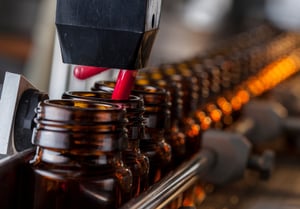 In the pharmaceutical manufacturing industry, a number of critical applications require compressed air — from dusting containers and conveying capsules to packaging drugs, powering pneumatic valves, and supplying the factory with a steady supply of clean, breathable air.
In the pharmaceutical manufacturing industry, a number of critical applications require compressed air — from dusting containers and conveying capsules to packaging drugs, powering pneumatic valves, and supplying the factory with a steady supply of clean, breathable air.
Each of these applications may require air of differing pressures and purities. While achieving varying pressure is a simple matter of adjusting pressure valves, ensuring your air’s purity level is appropriate requires more comprehensive attention, often demanding specialized air treatments. What’s more, both federal and industry-specific regulations prohibit high levels of debris, particulate, and oil in product air, creating another hoop for pharmaceutical manufacturers to jump through.
Due to these parameters, pharmaceutical manufacturers are often left with the mistaken notion that they must use an oil-free air compressor to meet compliance standards. However, simply taking a few extra measures can enable you to achieve the highest air purity levels and easily achieve regulation standards with your traditional lubricated compressor
There are a number of common misconceptions surrounding air purity as it relates to both oil-free and lubricated compressed air systems. We decided to clear the air.
Oil-free compressors do not guarantee air that is contaminant-free.
Contaminants include oil, dust, debris, rust, pipescale, oil aerosols, water vapor, microorganisms, and more. Contaminants can find their way into the product air produced by any compressor via atmospheric air, system piping, air storage devices, and more.
Atmospheric air generally contains between 0.05 and 0.5 ppm of oil vapor from sources such as car exhaust or industrial processes — meaning that oil-free compressors can never guarantee truly oil-free air. Ultimately, both lubricated compressors and oil-free compressors are susceptible to contaminants.
Oil-free compressors require purification systems, too.
Contrary to what you may think, oil-free compressed air systems demand air dryers and high efficiency coalescing filters as part of their downstream purification systems to ensure they achieve proper air purity.
Lubricated compressors are more cost-effective in the long term.
Many end-users assume that the overall cost of ownership is lower for an oil-free compressed air system because they wrongly believe that filters can be eliminated and lower system pressure cuts energy costs.
On the contrary, due to contaminants such as rust and pipescale that are introduced within the machine’s piping and systems, the same level of purification system is required for both oil-free and lubricated compressors. Further, the initial cost of an oil-free compressor is generally 45% to 50% higher than a lubricated compressor of the same capacity and quality. Even more, oil-free compressors require more maintenance of the air end, and may even require full air end replacement after a short number of years, whereas lubricated models enjoy a long, low-maintenance service life.
Oil-free compressors still use oil.
It’s true: while oil-free compressed air systems don’t utilize lubricant in the compression chamber, they require oil to lubricate moving parts within the machine and operate the cooling system.
To keep oil out of the compression chamber, oil-free air compressors employ complex sealing equipment, that, in the case of failure, can introduce oil contaminant into product air.
Oil-free compressors are not more environmentally friendly than lubricated compressors.
The intake valve of an oil-free compressor draws in atmospheric air and, as such, contaminants with it. This includes oil vapor, which can condense within the machine or downstream piping as liquid oil. This liquid oil can mix with condensed water to create what is known as compressor condensate.
End-users should be aware of the regulatory stipulations surrounding oil in water discharge, and should dispose of compressor condensate in accordance with the law. Depending on the amount of oil vapor drawn into the intake valve and legal discharge limitations.
Hydrocarbons (oil) present in the incoming atmospheric air may often require an activated carbon tower to absorb the oil vapors that if left unchecked can condense into liquid oil in the downstream piping. Ultimately, both oil-free compressors and lubricated compressors will likely require an activated carbon absorber to address the incoming ambient hydrocarbon load.
The pharmaceutical industry can meet air purity standards with a lubricated compressor.
Today, lubricated compressors can compete with oil-free compressors better than ever — in many cases, actually, they may be the better option. Traditional lubricated compressor systems are more cost-effective throughout their lifetimes, require less frequent maintenance, and are typically around 15% more energy efficient than oil-free compressors. Seeing as oil within a lubricated system is used primarily for cooling purposes, lubricated compressors absorb 80% of the heat they produce, leading to fewer heat-related system damages — which contributes to a longer service life and higher energy efficiency.
Air purity regulations in the food and beverage industry as well as the pharmaceutical industry may require the use of specific oils or lubricants — however, by installing a sophisticated filtration system, a lubricated compressor with the right drying and filtration system can easily best the raw air quality of an oil-free compressor and is readily capable of achieving or exceeding compliance-level air for considerably less investment and lower operating costs.
Pharmaceutical professionals can rest assured that there is no need to invest in an expensive, high-maintenance oil-free compressor. The best way to meet air quality compliance in the pharmaceutical industry is to outfit your traditional lubricated compressor with most advanced filtration system on the market — the Mattei Absolute Zero (MAZ) system.
Designed to mitigate oil vapor intake and eliminate issues associated with traditional loose filled carbon towers with extruded aluminum that is smaller and lighter than conventional carbon towers, the MAZ filtration system maximizes the packing density of the adsorbent bed. Tested in accordance with ISO 8573-5 regulations, the MAZ system can achieve ISO 8573-1 Class 0 or ISO 8573-1 Class 1 standards, a measure verified by third-party Lloyd’s Register. Further, it can be installed in a number of locations — in a compressor room for plant scale protection and/or at the point-of-use to protect critical pharmaceutical applications.
As an added benefit, the MAZ system guarantees lower operational costs for the duration of its lifetime, thanks to simple design, more affordable air compressors that operated at much slower operating speeds that allow your rotary vane compressor to use 15% less energy than a rotary screw compressor. Invest in a Mattei Absolute Zero filtration system today to maximize the efficiency, safety, and cost-effectiveness of your pharmaceutical applications.

Mattei offers a wide range of vane compressor models that perfectly meet the specific needs of the transport industry.

The reliability of Mattei compressors, the high quality standards of the delivered compressed air and the compliance with the industry regulations, make them ideal to be used in the healthcare and pharmaceutical industry.

Reduced operating costs, environmental sustainability and extreme purity of the air supplied make Mattei compressors suitable for all processes in the food industry.
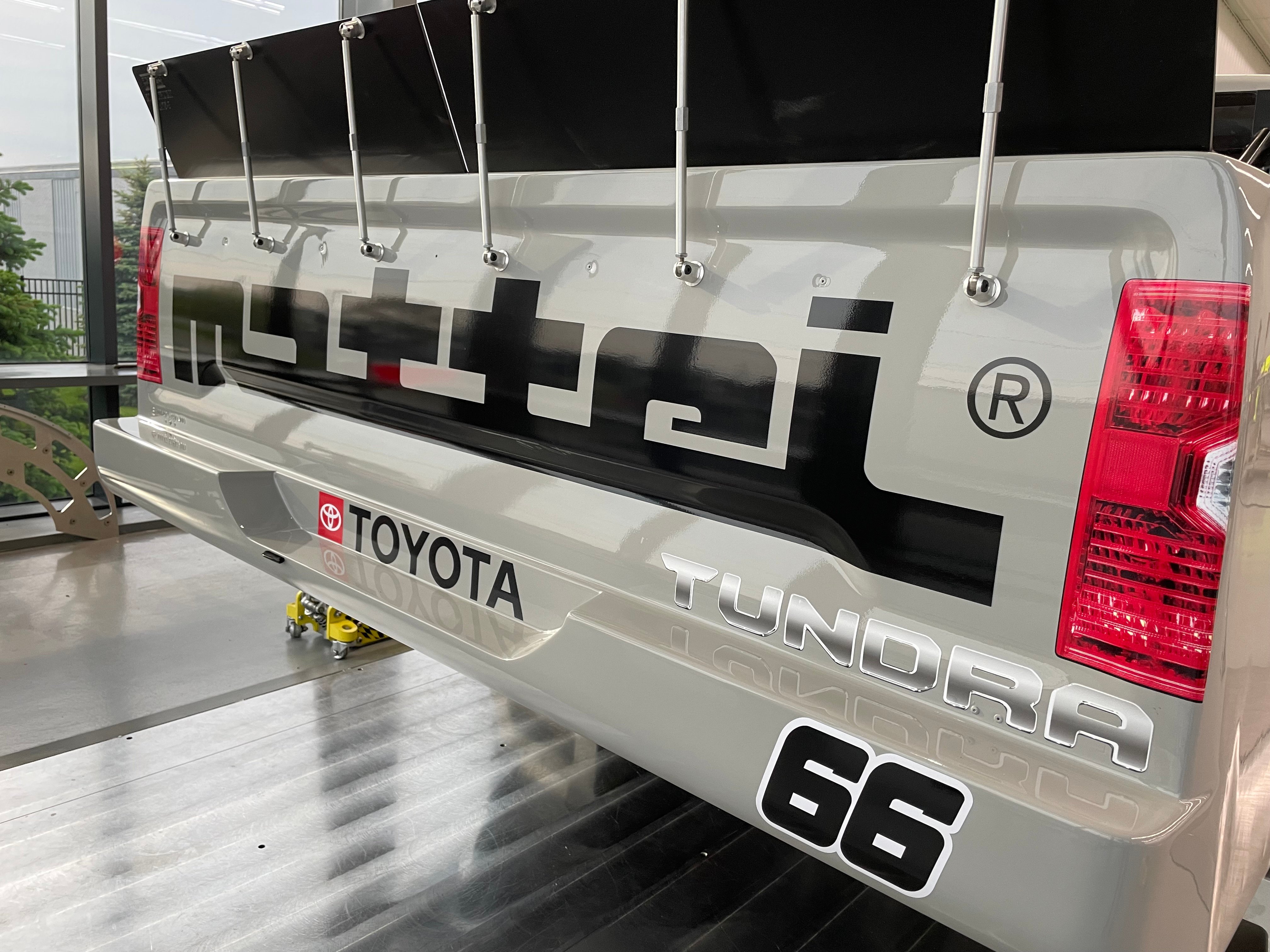
Good luck ThorSport Racing. Waiting to watch the racing!
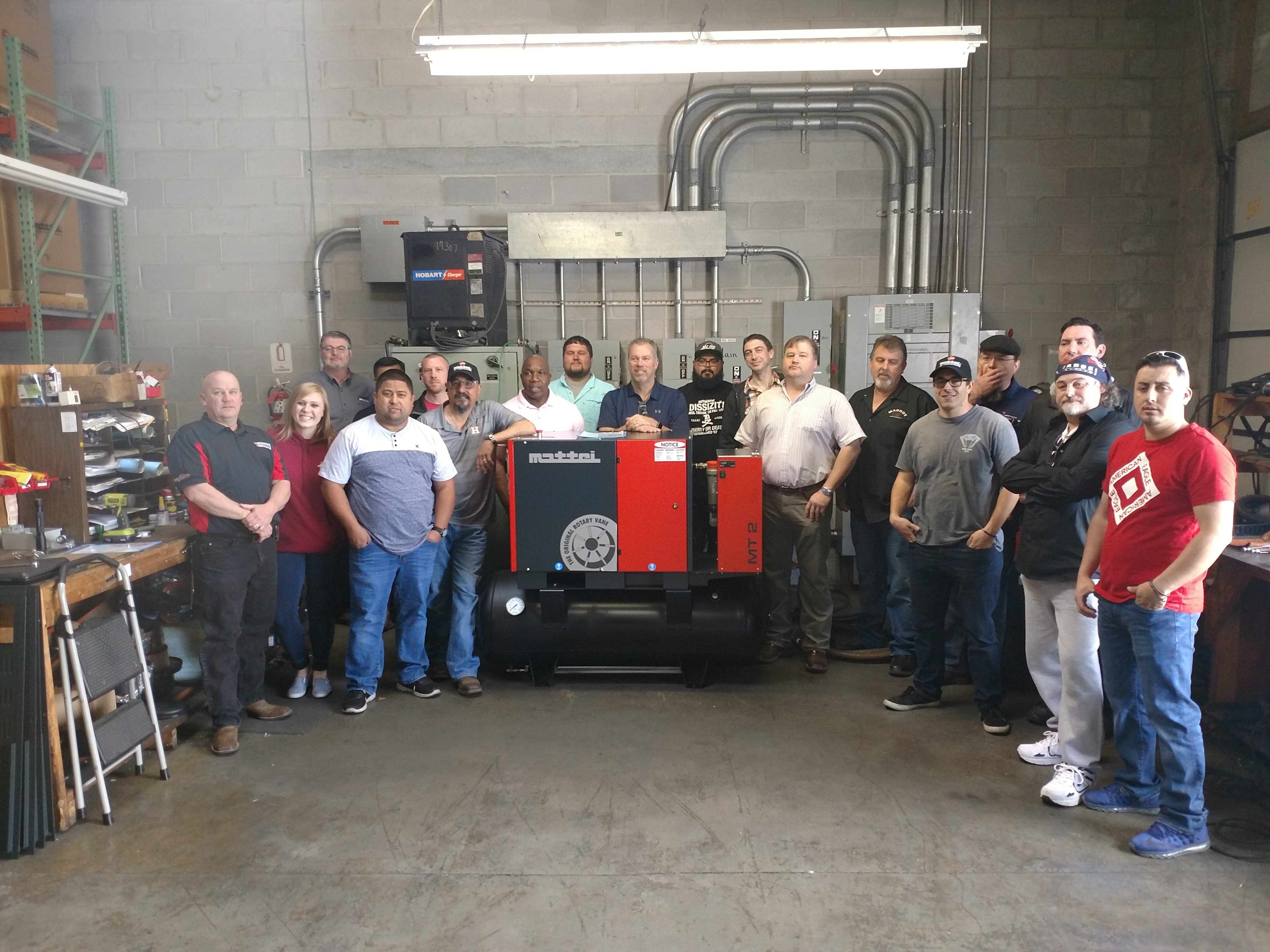
We recently held our Spring 2018 Service School for distributors. The school graduated 17 participants from both the sales and service sides.

Today, Mattei Compressors, Inc., announced the recipients of its 2017 Distributor Awards. These distributors went above and beyond to provide high-quality service to Mattei customers over the past year.
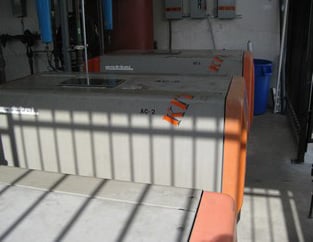
Helix Medical, LLC is widely regarded as a premier supplier of biocompatible silicone medical devices and components to the medical device, pharmaceutical and biotech industries.
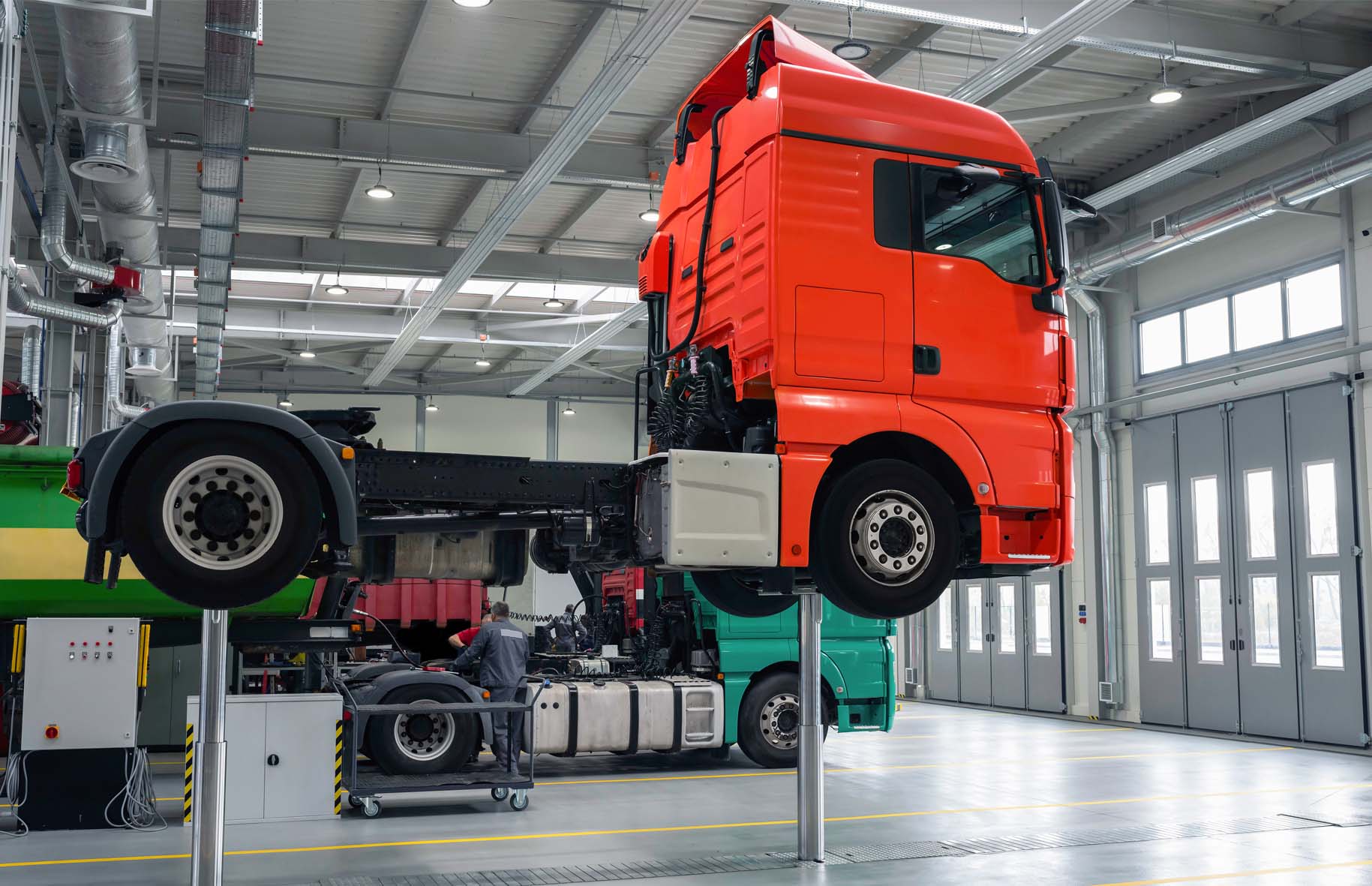
John Baker Sales, a Mattei distributor located in Colorado, worked very closely with Transwest to ascertain the company’s needs prior to making a product recommendation.

